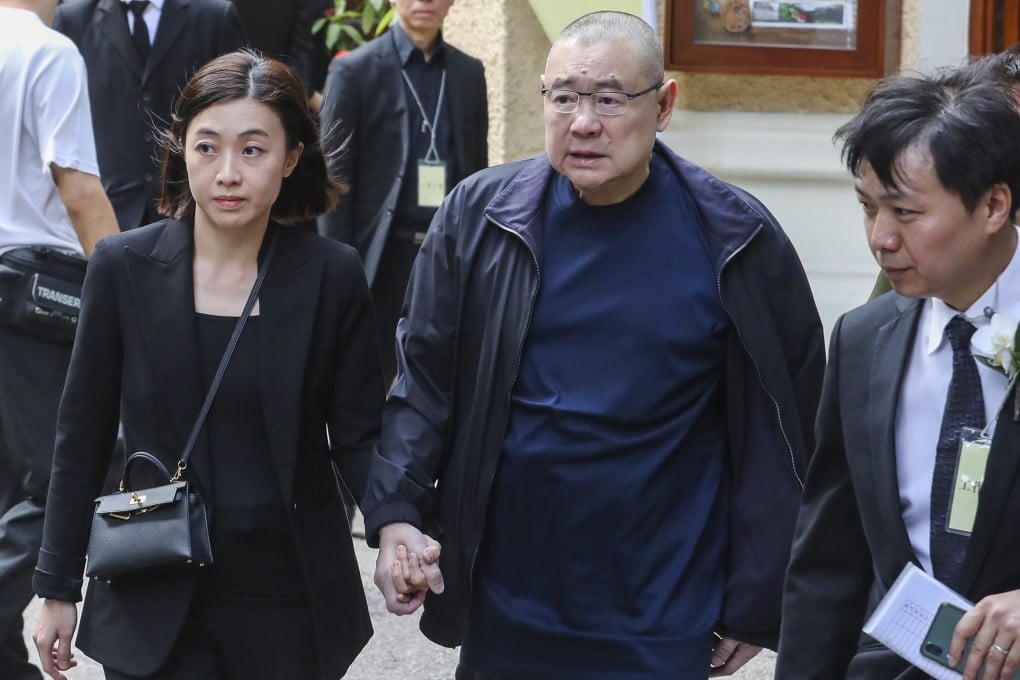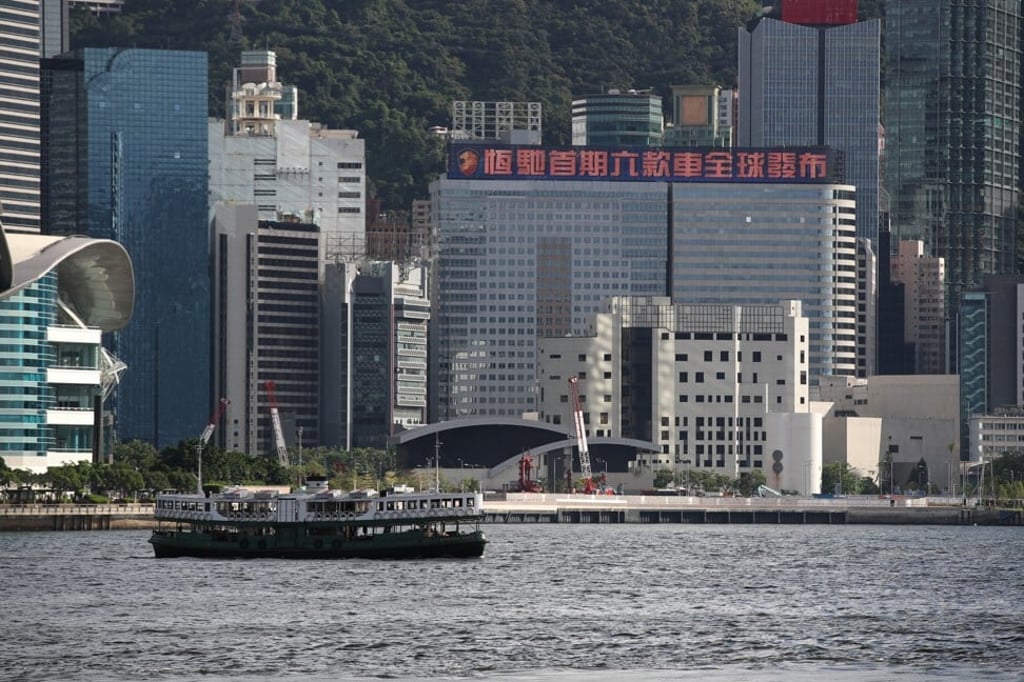Advertisement
China debt: Evergrande’s magnate Hui Ka-yan and Chinese Estates’ founder Joseph Lau through the years
- Hong Kong’s property tycoon Joseph Lau Luen-hung is one of the closest business allies of the Chinese real estate magnate Hui Ka-yan
- Lau and his family-controlled Chinese Estate Holdings Limited was either a buyer, or the seller, of almost every major deal by China Evergrande Group since 2009
Reading Time:4 minutes
Why you can trust SCMP
9

Hong Kong’s property tycoon Joseph Lau Luen-hung is one of the closest business allies of the Chinese real estate magnate Hui Ka-yan, in a friendship and alliance forged through weekly card games going back more than a decade.
Lau and his family-controlled Chinese Estates Holdings Limited had been involved either as a buyer, or the seller, in almost every significant transaction by China Evergrande Group, ever since Hui listed the Shenzhen property company for HK$6.5 billion in Hong Kong in 2009.
Here’s a timeline of the deals between the two tycoons, their families and their companies over the years:
Advertisement
November 2009:
Chinese Estates, then chaired by Lau, bought US$50 million of Evergrande’s shares in Hong Kong through a subsidiary called Sun Power Investments. That made Lau the sole cornerstone investor in Evergrande’s initial public offering (IPO), making up roughly 6 per cent of the HK$6.5 billion raised.
Advertisement

April 2010:
Advertisement
Select Voice
Select Speed
1.00x